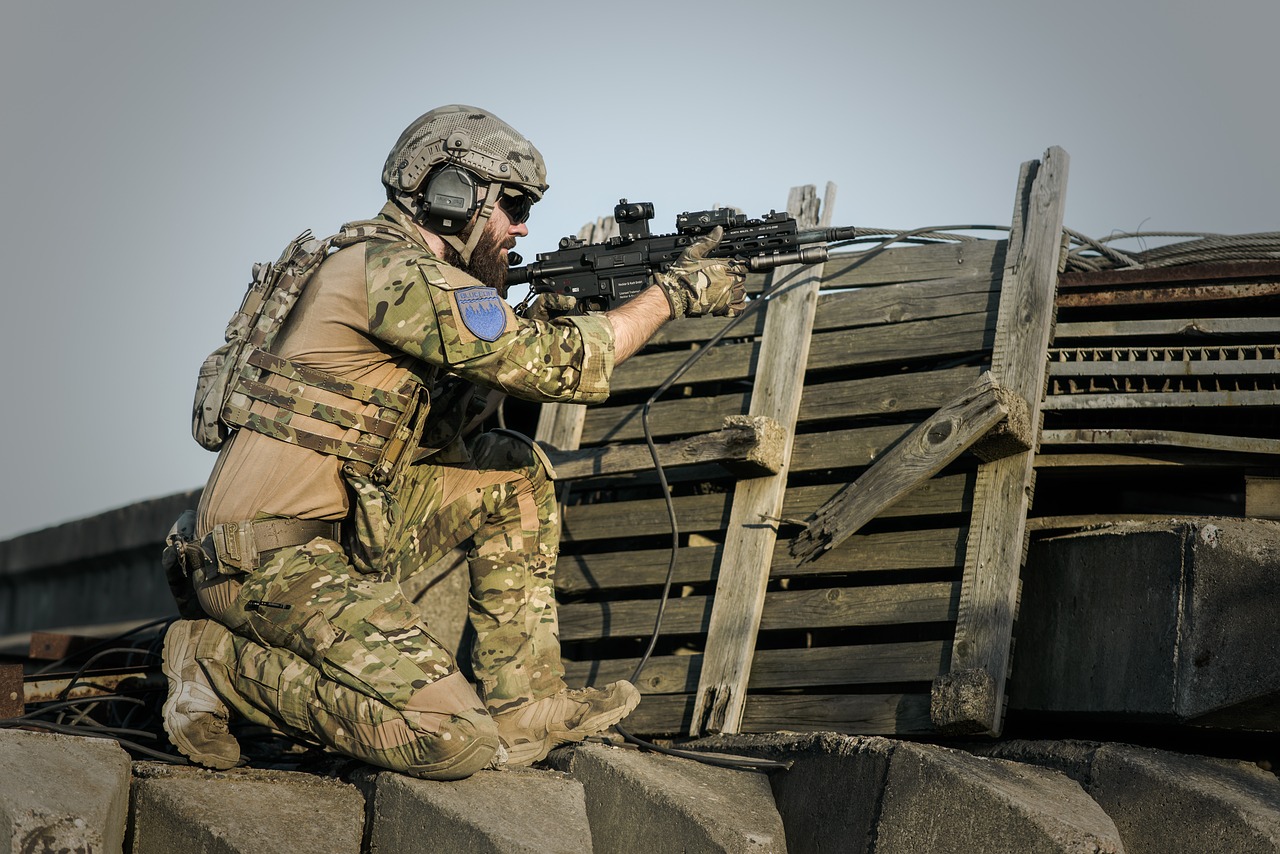
In the realm of global security, counter-terrorism remains a paramount concern, and Central Eastern Europe (CEE) is no exception. The region, with its complex history and strategic geopolitical positioning, has become increasingly active in enhancing counter-terrorism collaboration. This collaboration involves sharing intelligence, adopting best practices, and coordinating responses to effectively address and mitigate the threat of terrorism.
CEE’s approach to counter-terrorism is multifaceted, involving regional cooperation as well as partnerships with global entities. One of the key aspects of this collaboration is the sharing of intelligence. Intelligence agencies across CEE countries have been strengthening their networks, both within the region and with external partners, to ensure a swift and coordinated response to potential terror threats. For instance, Poland’s Internal Security Agency (ABW) and Foreign Intelligence Agency (AW) have been instrumental in forming robust intelligence-sharing frameworks with their counterparts in other European countries and NATO allies.
Czechia is another example where enhanced counter-terrorism efforts are evident. The country’s Security Information Service (BIS) works closely with international partners to track and counteract terrorist activities. These efforts were heightened in the wake of various terror attacks in Europe, underlining the need for cross-border intelligence collaboration.
Hungary, sharing a border with several other CEE nations, plays a crucial role in regional counter-terrorism efforts. The Hungarian Counter Terrorism Centre (TEK) not only focuses on domestic security but also actively participates in international forums, sharing insights and learning from global best practices.
Apart from intelligence sharing, there is also an emphasis on joint training exercises and counter-terrorism drills that involve multiple countries. These exercises are designed to enhance readiness and improve coordination among various national security forces. For example, the annual joint exercises under the Visegrad Group (V4), comprising Czechia, Hungary, Poland, and Slovakia, often include counter-terrorism scenarios, fostering collaboration and preparedness among the member states’ military and law enforcement agencies.
Another significant development in the CEE’s counter-terrorism strategy is the focus on countering online radicalization. With the rise of internet use as a tool for extremist propaganda, CEE countries are investing in capabilities to monitor and counteract online terrorist activities. Initiatives include monitoring social media channels and collaborating with tech companies to flag and remove extremist content.
Despite these efforts, the region faces challenges in its counter-terrorism collaboration. Differing legal frameworks, data protection laws, and operational protocols can sometimes hinder seamless intelligence sharing and joint operations. Additionally, balancing counter-terrorism efforts with the respect for human rights and civil liberties remains a delicate task.
Enhanced counter-terrorism collaboration in Central Eastern Europe represents a critical component of the region’s security strategy. Through intelligence sharing, joint training exercises, and a focus on new domains like cyber terrorism, CEE countries are bolstering their defences against the evolving threat of terrorism. As the nature of terrorism continues to change, so too will the strategies of CEE nations, requiring ongoing adaptation and cooperation to safeguard the region’s security.






